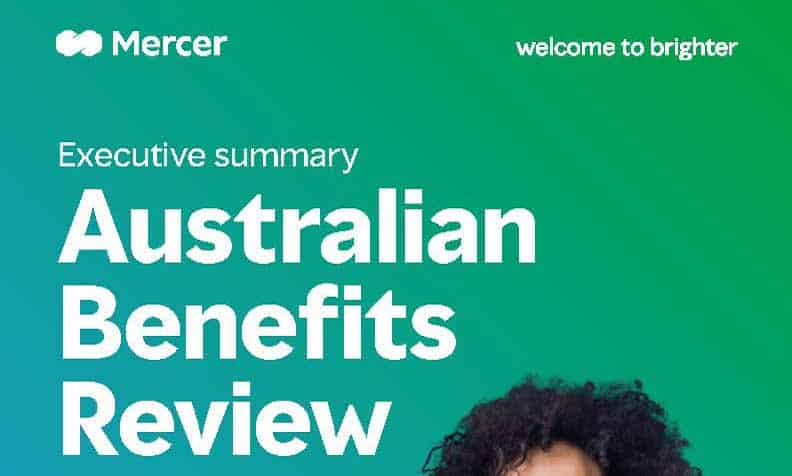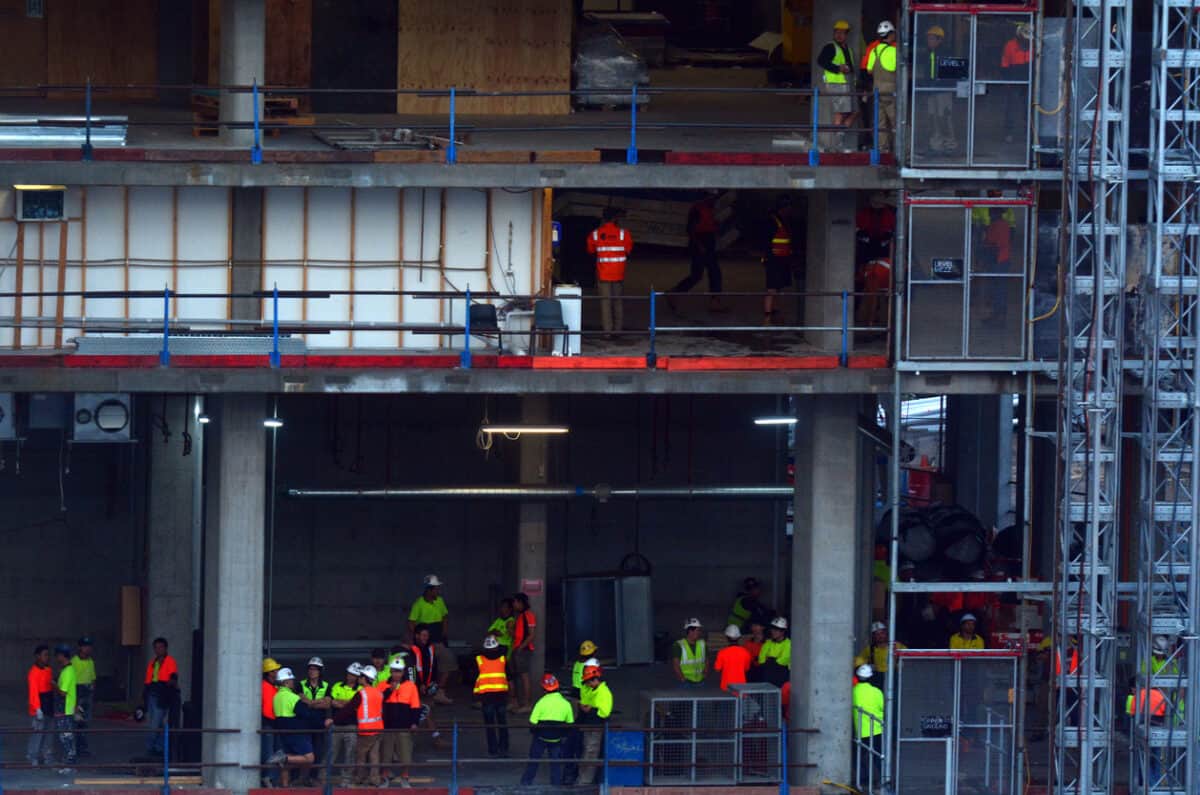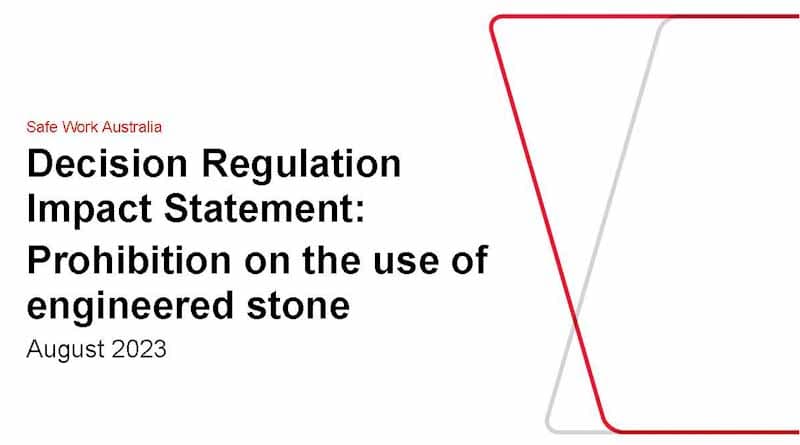Many employers are continuing to pimp up their well-being programs and employer benefits with the intention of managing mental health pressures. This is often based on advice from multinational business advisory and consulting firms in the form of trend surveys and reports about business attitudes, fears and concerns. A recent report from Mercer was the basis for an article in the Australian Financial Review (AFR, paywalled) written by Euan Black. It is instructive to subject the article and the Mercer report to a little scrutiny to determine their usefulness.
Category: evidence
Industrial Manslaughter distracts from what really works
South Australia’s Industrial Manslaughter Bill is being negotiated in its Parliament. New South Wales’ version is in development, and Tasmania has said it does not want to be left out, so the government has flagged its intention to have Industrial Manslaughter (IM) laws. Each politician stresses the importance of these laws to deter employers from doing the wrong thing and causing the death of a worker. However, there are serious concerns about the intended deterrent effect when other occupational health and safety (OHS) measures have been shown to be more effective.
Engineered stone reveals the reality behind OHS decisions
Caesarstone Asia Pacific managing director David Cullen told the Australian Financial Review (AFR – paywalled) on October 27, 2023, that:
“A full ban on the use of engineered stone would double the cost of benchtops..”
So? That seems to be enough of a reason to continue to allow the use of a product that is causing a large number of preventable deaths in Australia and elsewhere??!!
A stronger argument may be that the occupational health and safety (OHS) management of the cutting of engineered stone has failed.
Engineered stone is unsafe at any level
Safe Work Australia has recommended:
“a prohibition on the use of all engineered stone, irrespective of crystalline silica content, to protect the health and safety of workers.”
So that should be it. No more engineered stone products for use in Australia. Apparently, that decision is difficult to make even though the top occupational health and safety (OHS) advisory body in Australia recommends prohibition. OHS has always had an uncomfortable mix of morality, law and politics. Engineered stone and its inherent silicosis risks are a good illustration of the tensions between these three elements.
Plain speaking on mental health v nuance
Plain speaking is one of the greatest challenges of any profession. Many professionals struggle to communicate their excellent work and knowledge which has created the moves for Research-To-Practice and specialised communicators (as opposed to public relations advisers). Human Resources (HR) and Occupational Health and Safety (OHS) need communications specialists, or perhaps just interpreters, if a recent article on workers compensation and mental health is anything to go by.
If we are going to achieve a successful and effective change on workplace mental health, we need to start to understand each other.
UK workplace survey shows the huge misunderstanding on preventing psychosocial harm
The Chartered Institute of Personnel & Development (CIPD) has released an important survey of their members about health and wellbeing at work. Amongst many of the findings is that “Stress continues to be one of the main causes of absence” and that “Heavy workloads remain by far the most common cause of stress-related absence…” So how are CIPD members reducing the heavy workloads? They’re not. 78% of respondents are using Employee Assistance Programs (EAPs) to “identify and reduce stress”. Options like hiring additional staff or reducing the workload do not even chart. OMG!
OHS context in many mainstream news stories, if you look
Occupational health and safety (OHS) is rarely reported on in the mainstream newspapers but every week OHS is there, adding a contect to a scandal or subtext to a public health risk. Last weekend was no different. The Guardian of September 16, 2023 reported on a review of personal relationships by BP, a prison escape, deaths from air pollution, a more relaxed approach to work, shoplifting and customer aggression, and more.






